Epilepsy is a neurological condition or disorder.It involves cluster of signs and symptoms. It differ from child to child.
Children who are living with epilepsy faces many challenges in School environment. They experience lack of communication, disturbed emotional state of mind, disturbance in social life.
Physical safety of child in school is supersede that of concern over his/her social life.
Child faces issues like learning, inadequate class management, inadequate support of individualised education plan.
The children taking medicine or antiepileptic drug therapy for seizures to lead a normal routine life, only 25% of them still face behaviour issues ,experience poor seizure control.
In addition to above, it is very well documented that children in Epilepsy may suffer:
- Emotional disturbance
- poor academic performance
- poor social life
Even if child is taking proper antiepileptic medication,he/she still face problem because of abnormal brain functioning and bear side effects of antiepileptic medication.
Overall intellectual performance in epileptic is different from normal healthy children.
Intellectual performance get disturbed due to seizure affecting area of attention, area related to thinking, concentration, reading, recalling, spelling and math skills.
Focal brain abnormality cause global learning problem in epileptic children.
Middle part of brain- If scar formed in middle part of brain, may have permanent short term auditory or visual problems.
Postictal state (post seizure), fatigue or confusion can disrupt learning sometime(few minutes or hours).
Participation in physical activities, sports games, cycling is particularly important during development age. Seizures and other associated problems with epilepsy excludes children from full participation in academic and other performances.
This poses impact on child’s sense of social isolation. In other words stigma associated with epilepsy and insensitivity of others are also stress burstor in epileptic children.
CContents
Childhood Epilepsy Syndrome
A syndrome is a group of signs and symptoms that happen together.
When child is diagnosed with epilepsy, it means he/she is showing sign and symptoms with episodes of seizures.
Benign Rolandic Epilepsy
- It is them most common epilepsy in childhood.
- It is the syndrome that causing seizure in children between ages 6 and 8.
- Benign rolandic Epilepsy affects boys,more than girls.
- In Benign Rolandic Epilepsy, the seizure is Focal means seizure is going to effect only one side of brain.
- Seizures can shift from one side of body to other side of body.
- The seizure usually last than 2 minutes.
Signs and Symptoms
- Facial twitching
- drooling due to inability to control facial muscles.
- Problem in speaking or difficulty in speaking.
- tingling sensation in the face or the tongue.
- It mainly effects the face than the body.That’s why it is called Partial seizure.
- It is called Rolandic Because seizure originates in the rolandic area of Brain.
Secondarily Generalised area- if seizure spread from rolandic area to other are of brain, also called Tonic-Clonic Seizure.
Alarming sign-
- Not giving any response.
- Clenching of muscles all over the body for a short period.
- jerking movement of the whole body
- confusion
- disorientation
- Seizures attack occur during sleep, because of this reason it go unnoticed.
Diagnoses
EEG (ELECTROENCEPHALOGRAM)
- Children who are diagnosed with Benign Rolandic Epilepsy have spikes on their EEG.
- This help make the Diagnosis.
- In EEG Adhesive electrode are attached to the scalp, record the waves by technician.
MRI (Magnetic Resonance Imaging)
This scan report is normal in benign Rolandic Epilepsy.
Neurologic Examination – Children with benign Rolandic Epilepsy generally go to neurologist for regular routine check up.
Treatment Part Of (BRE)
Children with Benign Rolandic Epilepsy will get benefit of medicine if they have:-
- Difficulty in learning
- problem in concentration
- Problems in thinking
- Day time seizure
- increase in frequency of seizures.
Medication
- Carbamazepine
- gabapentin
- levetiracetam
- lacosamide
- ox carbamazepine
- Zonisamide
Final Words
Seizure or Epilepsy is not a stigma.It is a disorder. Children with epilepsy should be taken care by their parents or caregivers. Give medicine on regular basis to child as directed by neurologist.Never “miss a dose” mistake. Missed dose triggers seizure and further it causes fatigue and discomfort to child.
Lack of sleep, flashing of lights should avoid as much as you can.
Motivate your child to participate in all school activities. This will give him/her sense of “fullness”, which is very important for emotional development of child. Parents and caregivers should get help from specialist for child academic and emotional success.
No special care is needed during Benign Rolandic Epilepsy of childhood. But sometimes child shows symptoms of tonic-clonic, then parents ,caregivers , members, baby sitters, teachers know what to do if one happens.Give assurance to child, he is not alone.

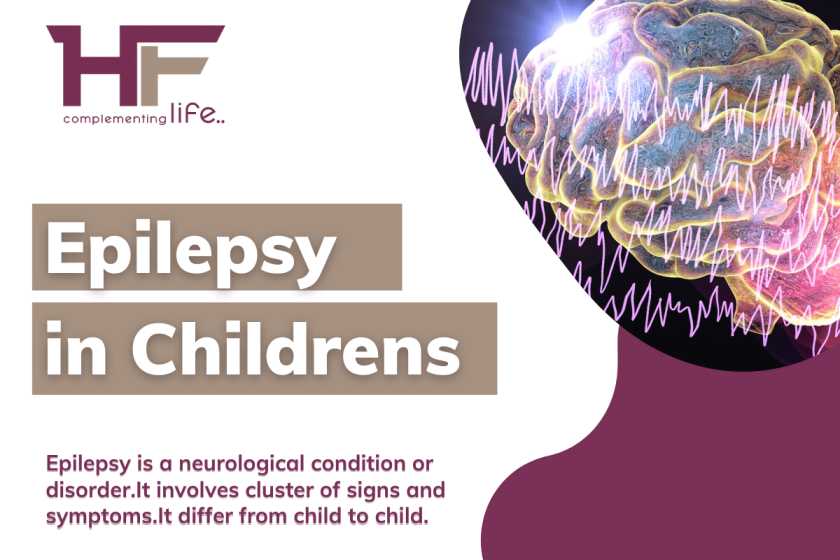
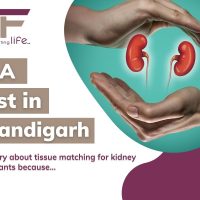
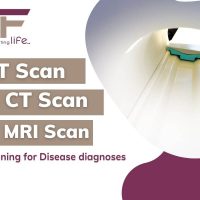
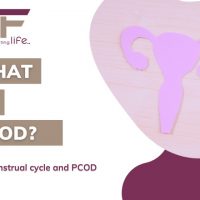
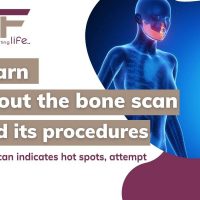
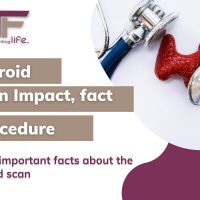
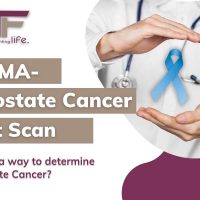
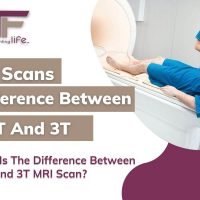
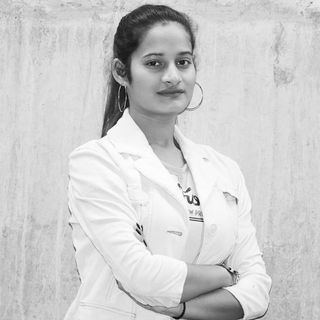
Comments